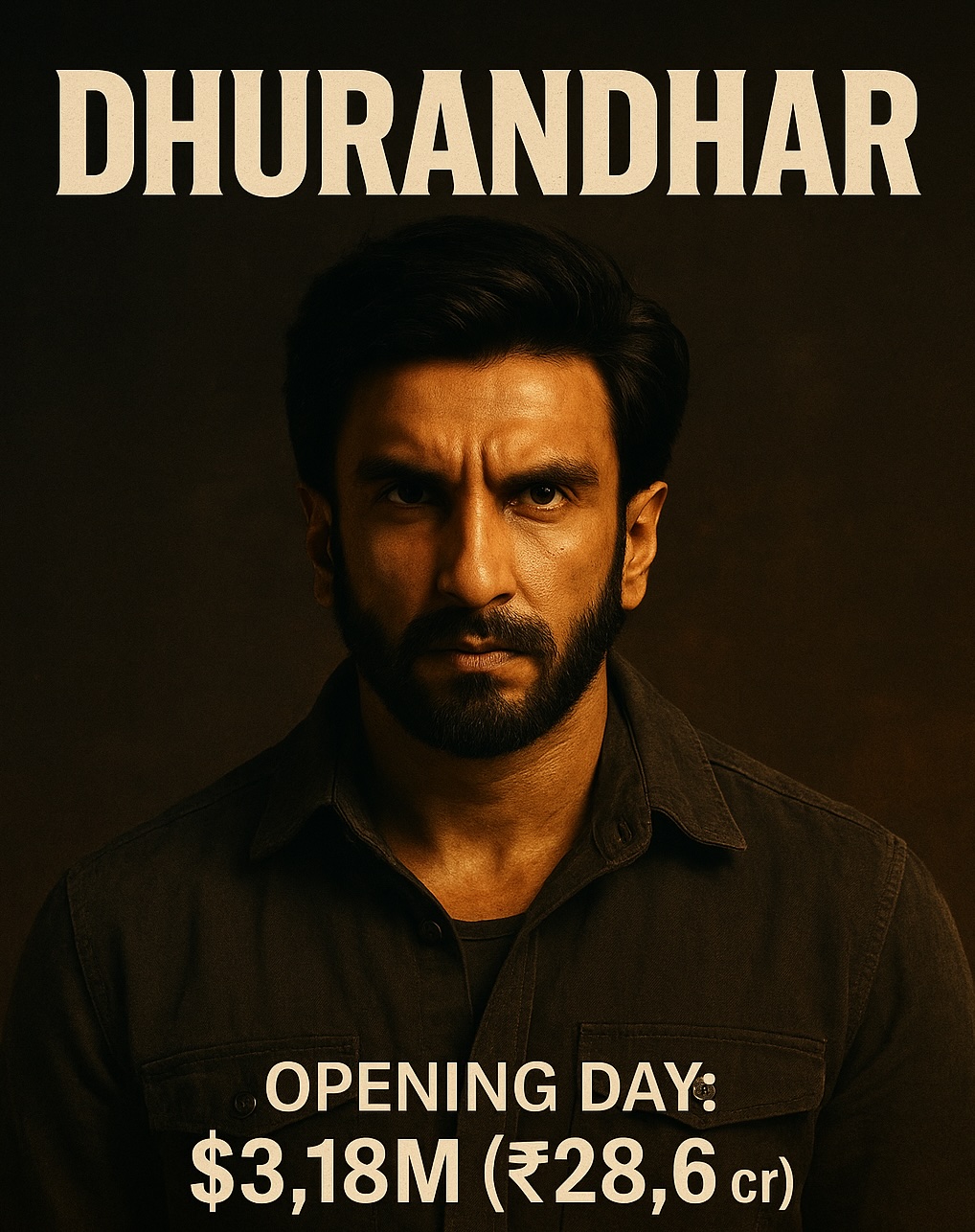
Film: Swami
Director: Ganesh Acharya
Cast: Manoj Bajpai, Juhi Chawla, Amey Pandya, Neha Pendse
Rating: 2/5
With a slew of painful movies hitting the screens, one had almost given up on being able to watch a film that would touch you.
Swami is a film that, on one level, succeeds in providing the emotional content, but down the line, fails in offering anything remotely entertaining. It is this clear distinction that affects the film the most and the experience turns restrained, and living the movie is limited to just a few scenes.
In search of a better life, for ourselves and our children, we are pushed to doing the most impulsive things. It is this search that leads Swami (Manoj Bajpai) and Radha (Juhi Chawla) to move to Mumbai, so that they may fill their child’s life with dreams that would eventually turn to reality. As the winds of change pass, Swami accustoms himself with his wife’s absence and his son’s age. However, he pushes forward each day, hoping that his son will go to America just as his wife had dreamt. Every member of a family watches out for the other, and with Swami, it is no different.
A film is a composition of various layers that are merged; this is primarily where Swami goes wrong. While each section of the film is remarkable, it fails to connect and play as a unified product. While the plot is unique and has been told after a long period of time, the shallow characters hold the film back. If the dialogues are crisp and create an impact, it is the delivery that falters.
What is seemingly evident is the manner in which the film has been directed; everything seems far too manufactured to be true. While the character backgrounds are convincing, it is the characters themselves that are not. Scenes seem choreographed to the point that they fail to seem natural. For example, the film begins with an ant stuck on a leaf gushing through a stream. Bajpai lifts the leaf and places the ant back in its colony. Now, while there is some amount of symbolism there (or maybe one is just reading too much into the film), it is the actions that seem way too timed.
Even on the technical front, the film seems highly unleveled. While the camerawork and cinematography are spectacular in some scenes, there are others that grossly disappoint. The copious use of filters and corrections is not bad, but does not look balanced.
Most saddening is the lost path the film keeps traversing, with the sob story of Muthu and his Punjabi friend. You also end up sitting through the birth of Swami’s child and the next generation as well. There is just too much to be accounted as cinematic liberties.
While there is so much going against the film, the balance is struck with the meaning and ardour with which each frame has been crafted. This film’s theatrical style, of exaggerated settings teamed with well rendered music, works to its advantage and moves you. Additionally, the lighting in the film is notable and is a definite treat to the eye.
As for the performances; barring the little kids, everyone else is a letdown. While Chawla has the Tamilian act going for her, nothing else could have been more wrong. Her pronunciations of clichéd dialect twangs, topped with her stock expressions, are a complete letdown. Bajpai though plays his role credibly, through the film seems to be losing the believability aspect. The limited freshness is brought about by Pendse, who begins on a high note, but resorts to hamming her lines by the end of it.
While Swami proves to be a fair watch, its march at the box office is highly doubtful. The absolute lack of a marketing thrust will hold the film back, and the narrative itself may act as the biggest detriment to the film’s run.
Swami is a simple film that has all the elements of being a brilliant film; sadly, the proportions are not balanced. Watching this one is not a compulsion, but a choice.




